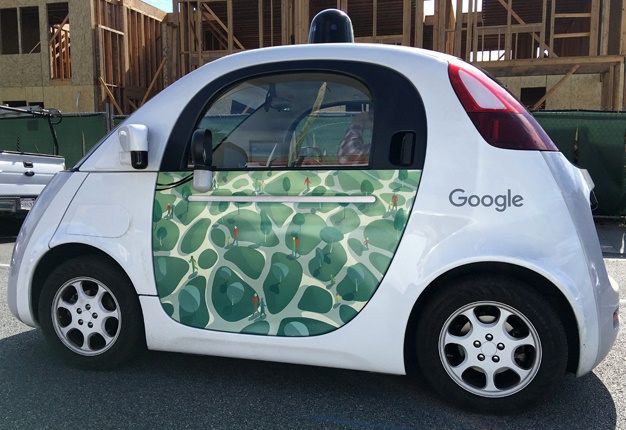
London - Goodyear and the London School of Economics and Political Science (LSE) announced a new pan-European research project to investigate the attitudes and readiness of drivers to share the road with autonomous vehicles.
The research will capture driver opinions from 11 European countries through surveys and focus groups as part of Goodyear's ThinkGoodMobility platform, focused on smart, safe and sustainable future mobility.
Human-computer interaction
Olivier Rousseau, vice president of Goodyear's consumer tyre business in Europe, the Middle East and Africa, said: "Self-driving cars are being designed to predictably adhere to the rules of the road, but less predictable is how human drivers may interact with computer drivers.
Our latest collaboration with the LSE will explore this changing driving environment as autonomous vehicles and driver assist technologies continue to become more common."
READ: Connected, self-driving cars pose serious security challenges
Researchers at IHS Automotive recently predicted there will be sales of nearly 21 million autonomous vehicles globally in 2035.
According to a 2015 Goodyear/LSE survey of drivers from 15 European countries, 88% of respondents agreed that there are "unwritten rules" that govern driver interactions with pedestrians, cyclists and other vehicles on the road.
Dr. Chris Tennant, who is leading the research project at the LSE, said: "A key question for this year's research is how the unwritten rules and driver behavior that we employ will apply to self-driving cars, and to what extent self-driving cars will need to learn the common sense humans use to make every-day driving situations work."
Rule-abiding cars
Preliminary focus group discussions have already raised questions from drivers about the flexibility of self-driving cars to adapt to the social landscape of the road; whether human drivers will take advantage of computer drivers' strict adherence to the rules of the road; or, to the contrary, how rule-abiding self-driving cars might lead the way to positive change, encouraging higher standards of behavior and safety from all drivers.
READ: Biggest pitfall for self-driving cars? The human brain...
Tennant added: "The questions raised in our focus groups suggest that drivers' interactions with autonomous vehicles will develop as we are increasingly exposed to them.
"We believe that this research project will generate valuable insights into how autonomous vehicles can be properly integrated into the dynamic social space of our roads."
READ: Self-driving cars - Calls for more rigorous reviews
Goodyear and LSE plan to publicly report their research findings in October 2016.




 Publications
Publications
 Partners
Partners














